Introduction
Welcome to Tips From A Trainer, where we challenge the status quo and provide you with unconventional yet effective strategies for your health and fitness journey.
Today, we delve into the topic of calorie counting for weight management. It's a method that has gained both praise and criticism in the fitness world.
In this article, we'll explore the pros and cons of calorie counting, shedding light on its benefits, potential drawbacks, and how to approach it for long-term success. Get ready to navigate the world of calories like a pro!
Table of Contents
Introduction
The Pros of Calorie Counting
Awareness and Accountability
Personalized Approach
Flexibility and Food Freedom
The Cons of Calorie Counting
Potential Obsession and Stress
Inaccuracy and Labeling Issues
Unsustainable Long-Term Approach
A Balanced Approach to Calorie Counting
Set Realistic Goals
Focus on Nutrient Density
Listen To Your Body
Conclusion
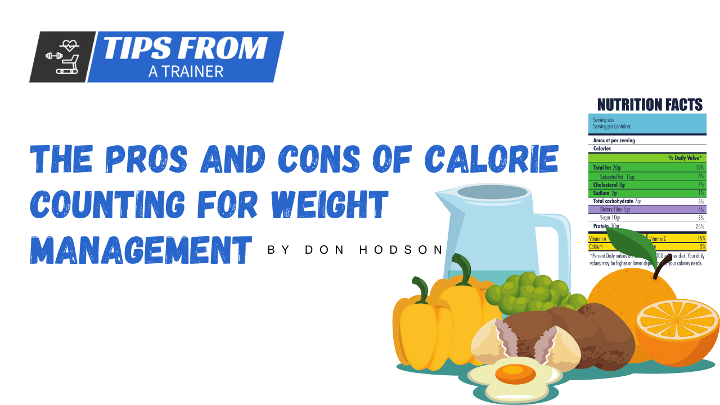
The Pros of Calorie Counting
Awareness and Accountability
Calorie counting brings awareness to your eating habits, allowing you to take control of your nutrition. By tracking your caloric intake, you become more conscious of portion sizes, food choices, and potential overeating. It holds you accountable for the energy you consume, helping you make informed decisions about your diet.
Personalized Approach
Calorie counting allows for customization. Each person has unique energy requirements based on factors such as age, gender, weight, activity level, and goals. By tracking calories, you can tailor your intake to meet your specific needs, whether it's weight loss, muscle gain, or weight maintenance.
Flexibility and Food Freedom
Contrary to popular belief, calorie counting doesn't mean restricting yourself to bland or boring foods. It offers flexibility within your overall calorie budget.
You can still enjoy your favorite treats in moderation while staying within your target caloric range.
Calorie counting empowers you to make choices that fit your lifestyle, allowing for long-term adherence.
The Cons of Calorie Counting
Potential Obsession and Stress
For some individuals, calorie counting can become an obsession, leading to anxiety and stress around food. Constantly tracking every morsel can create a negative relationship with eating and trigger disordered eating patterns.
It's essential to maintain a healthy mindset and prioritize overall well-being over strict numerical goals.
Inaccuracy and Labeling Issues
Calorie counts on food labels or in tracking apps are not always precise. Variations in portion sizes, cooking methods, and individual metabolism can affect the actual energy content of foods.
Relying solely on calorie counting may overlook the nutritional value of foods and neglect other vital aspects of a healthy diet.
Unsustainable Long-Term Approach
For some individuals, the act of meticulously counting calories can be unsustainable in the long run. It can be time-consuming, socially isolating, and may lead to burnout.
Transitioning to intuitive eating and focusing on mindful eating habits may be a more sustainable approach for lifelong health and well-being.
A Balanced Approach to Calorie Counting
Set Realistic Goals
Before embarking on calorie counting, establish realistic goals based on your individual needs and preferences.
Consult with a registered dietitian or nutritionist who can guide you in setting appropriate caloric targets for your specific objectives.
Focus on Nutrient Density
While counting calories, don't overlook the quality of the foods you consume.
Emphasize nutrient-dense choices that provide essential vitamins, minerals, and fiber.
Incorporate whole grains, lean proteins, fruits, vegetables, and healthy fats into your diet for optimal nutrition and overall health.
Listen to Your Body
Pay attention to your body's hunger and fullness cues rather than relying solely on calorie numbers. Learn to eat intuitively, honoring your body's signals and nourishing it with balanced meals.
Mindful eating helps develop a healthier relationship with food, promoting long-term sustainability.
Conclusion
Calorie counting can be a useful tool for weight management when approached with awareness and balance. It provides valuable insights into your eating habits and allows for personalization. However, it's crucial to maintain a healthy mindset, focus on nutrient density, and consider the potential drawbacks of strict calorie tracking. Remember, at Tips From A Trainer, we're here to guide you with evidence-based advice and a fresh perspective on health and fitness.
Subscribe to Tips From A Trainer and Join the Fitness Revolution! Are you ready to embrace a fitness journey that challenges conventional thinking? Subscribe to our newsletter and become part of our empowering community. Gain access to expert advice, motivational content, and be the first to know about our exciting YouTube videos launching in 2024.
We're not like other fitness gurus – we care about your success, well-being, and providing you with real information that transforms lives.

Don Hodson, Certified Personal Trainer
I'm Don, an ACE-certified personal trainer and the founder of Tips From A Trainer. With my passion for fitness and years of experience, I've helped countless individuals transform their physiques!
Having personally overcome weight challenges throughout my life, I understand the struggle. Through consistency, exercise, and a balanced diet, I have managed to stay in shape and I want to share my message with the world!
The fitness industry is fraught with misconceptions and deceptive practices, which is why I am committed to providing you with the truth.
- My Site: www.Don-Hodson.com
- My Company: www.ConnectedAgeMarketing.com


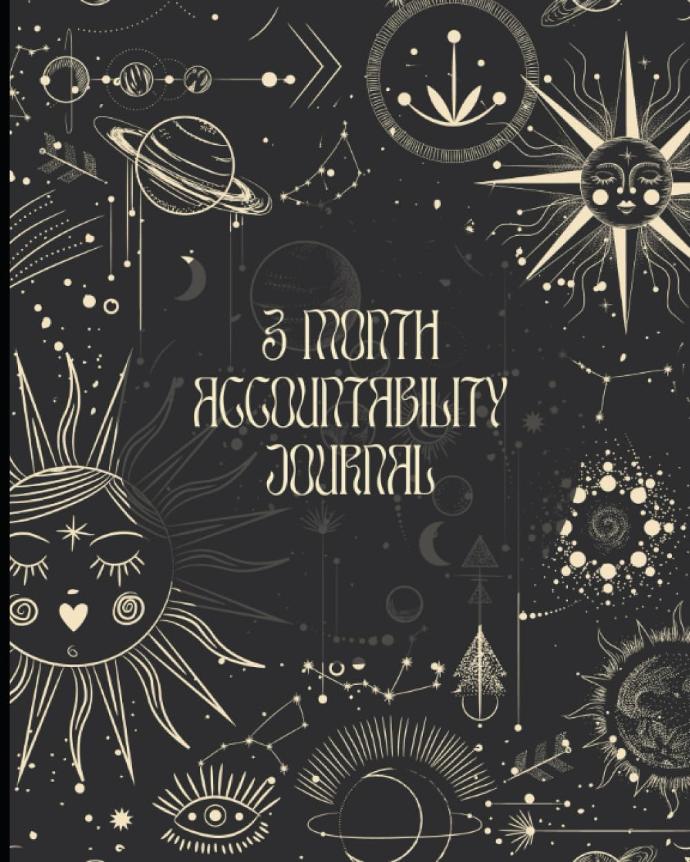



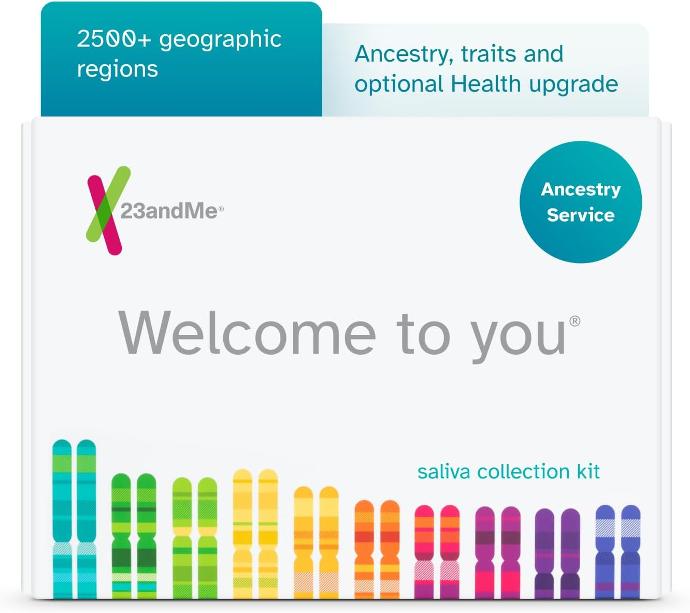

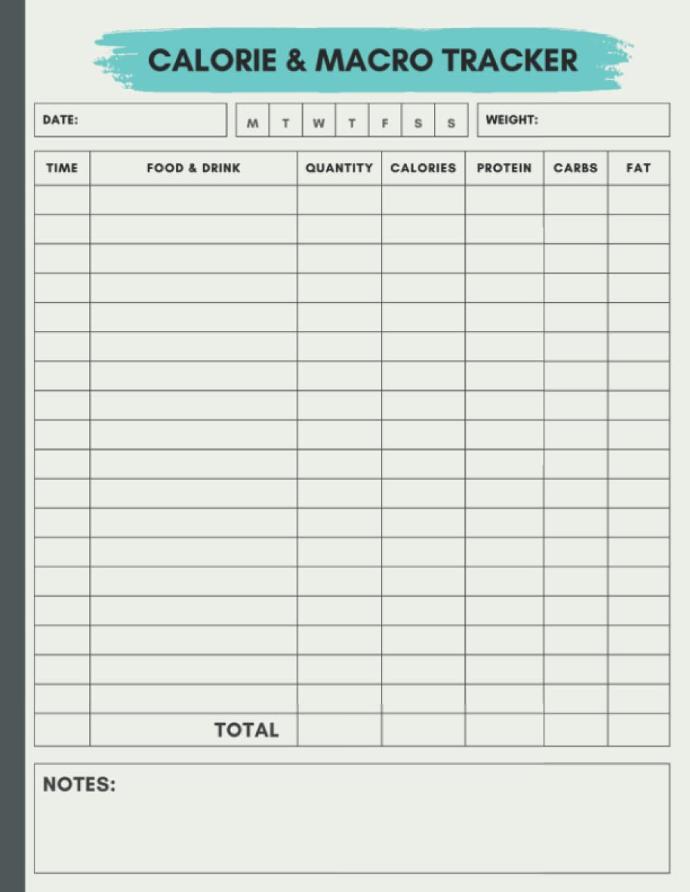
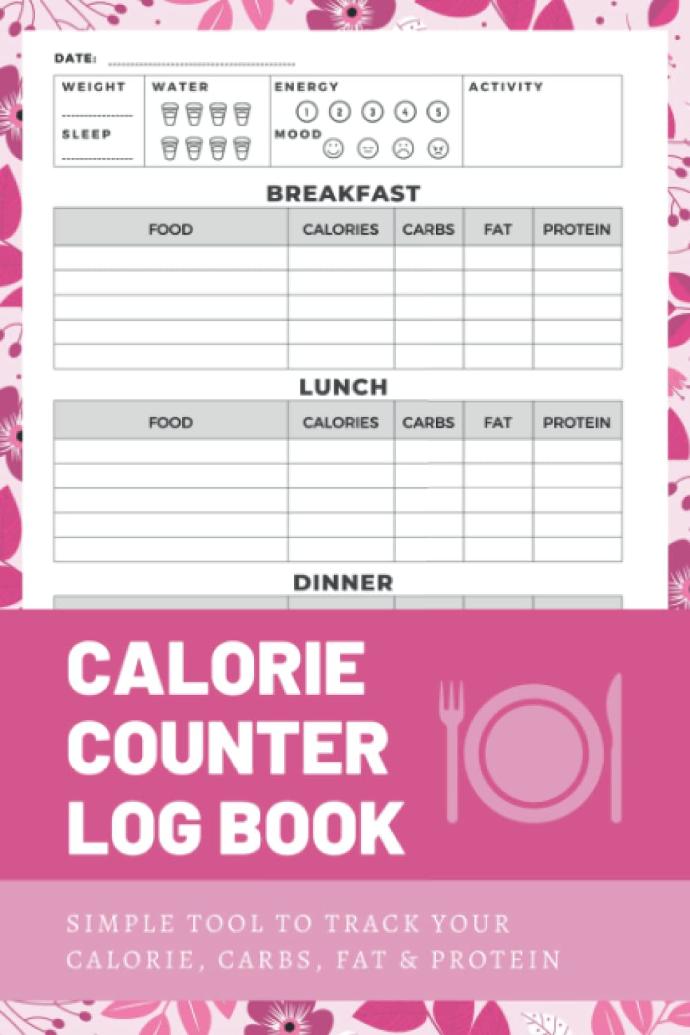

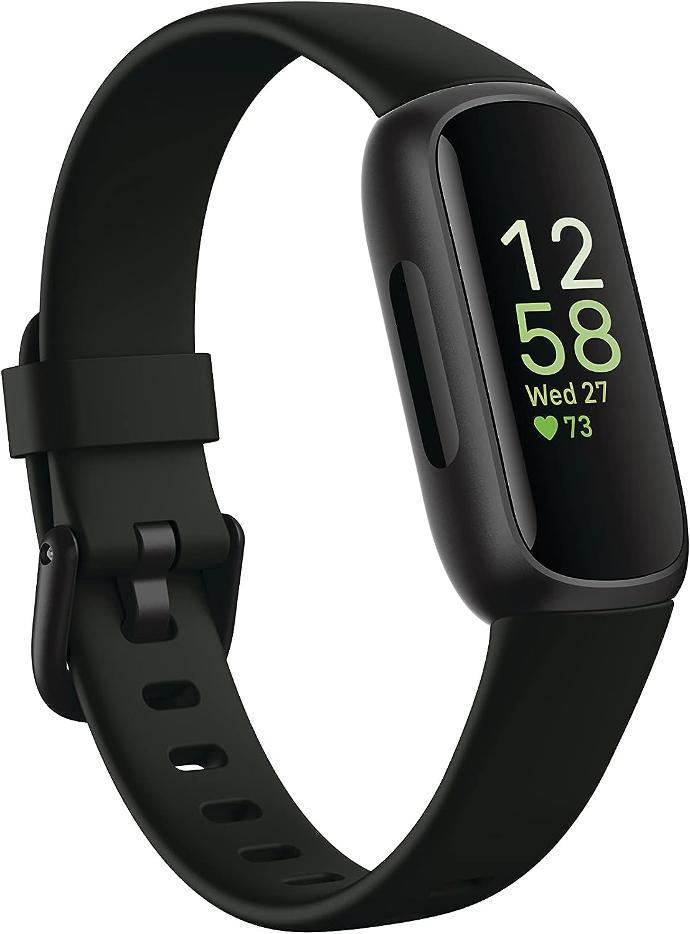












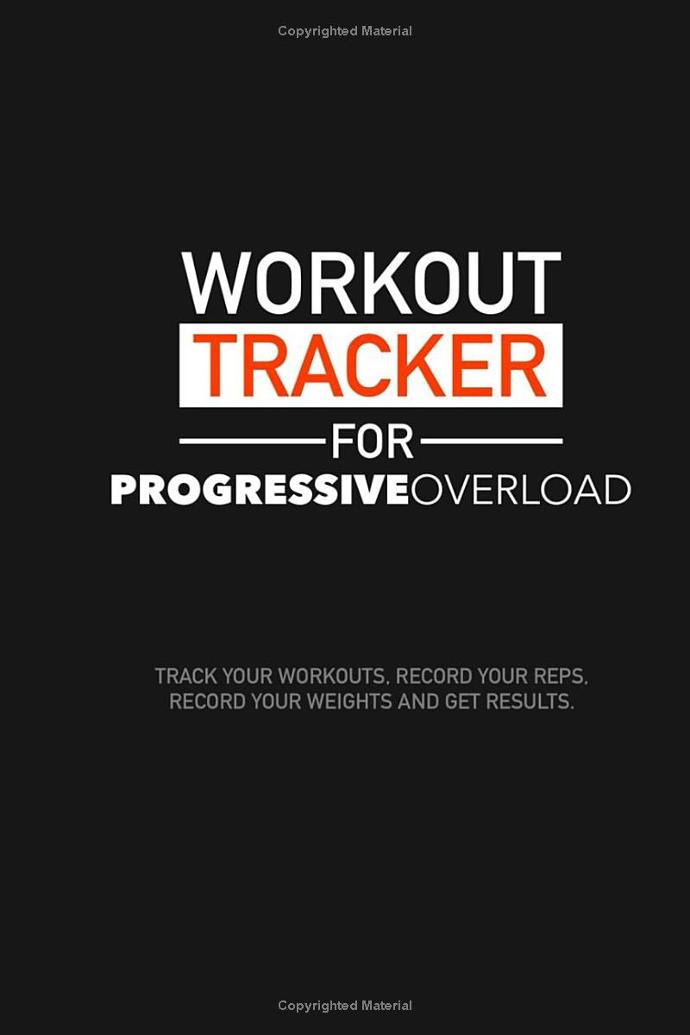
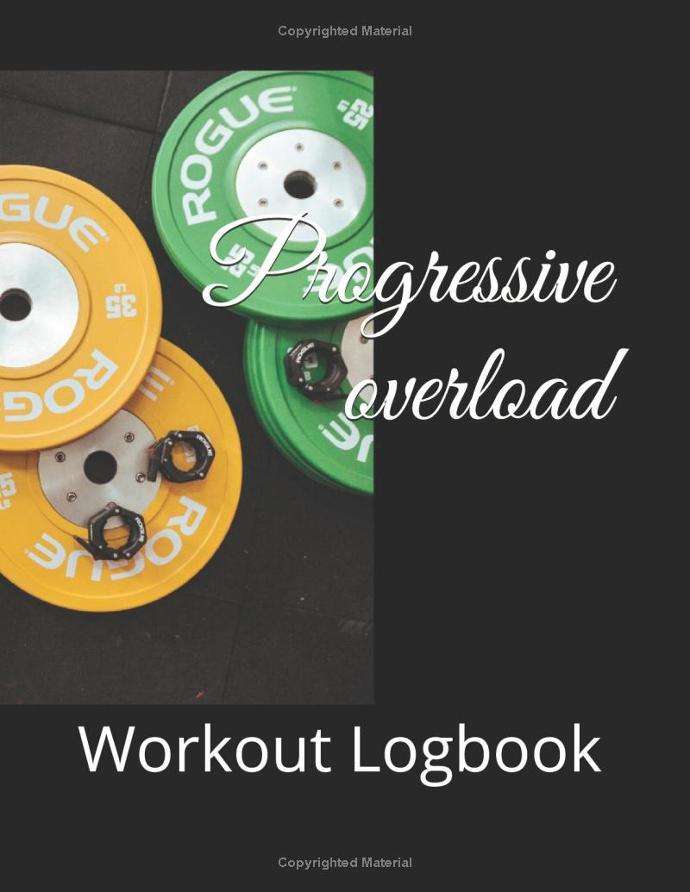
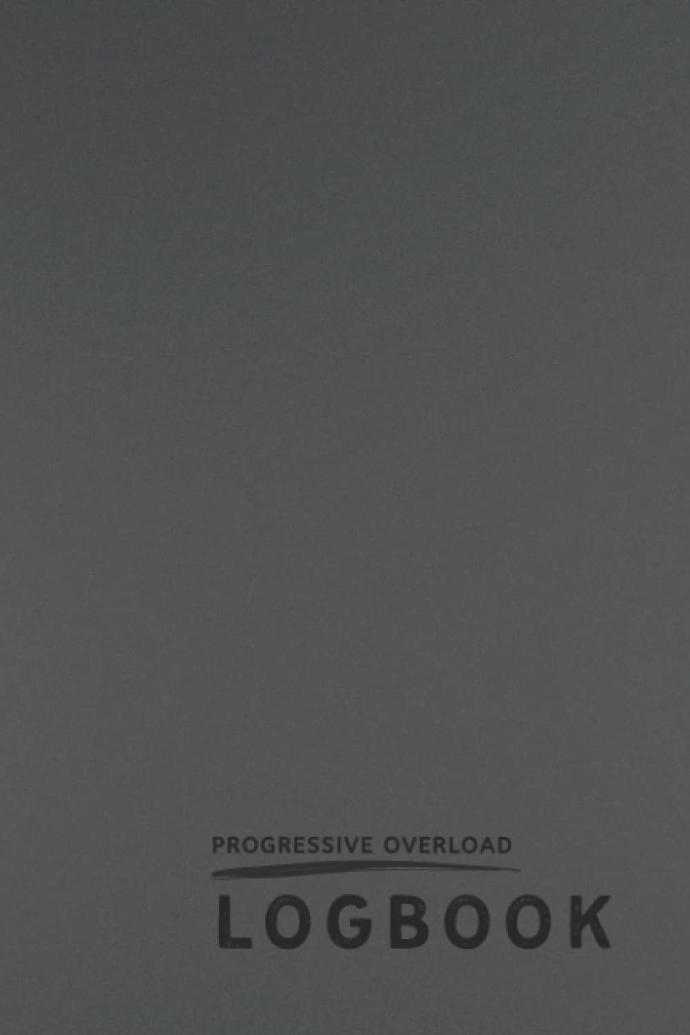
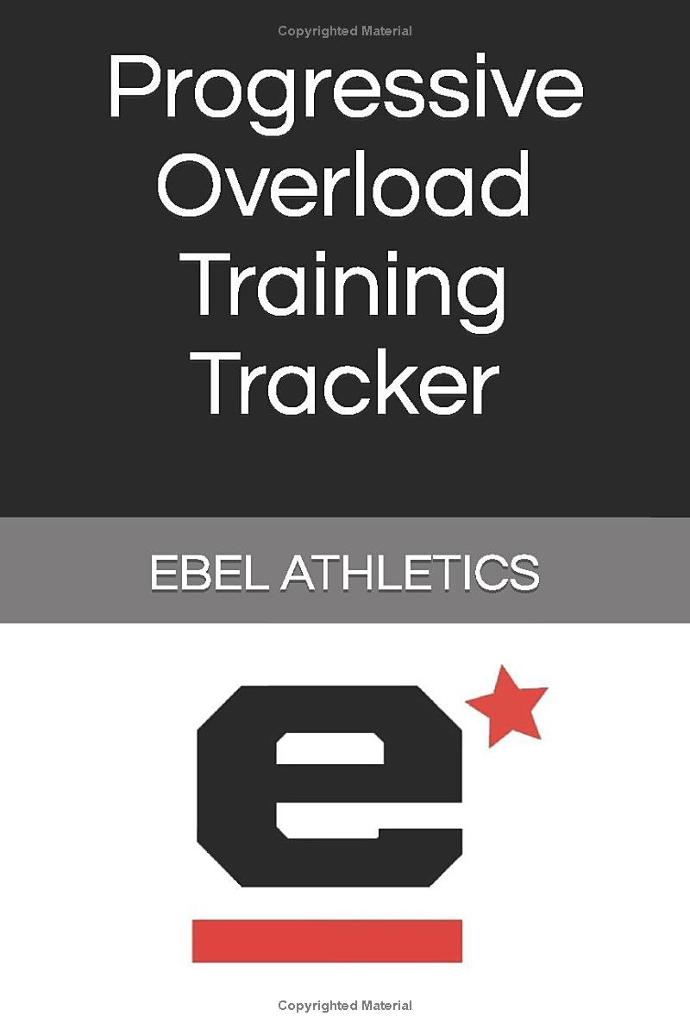

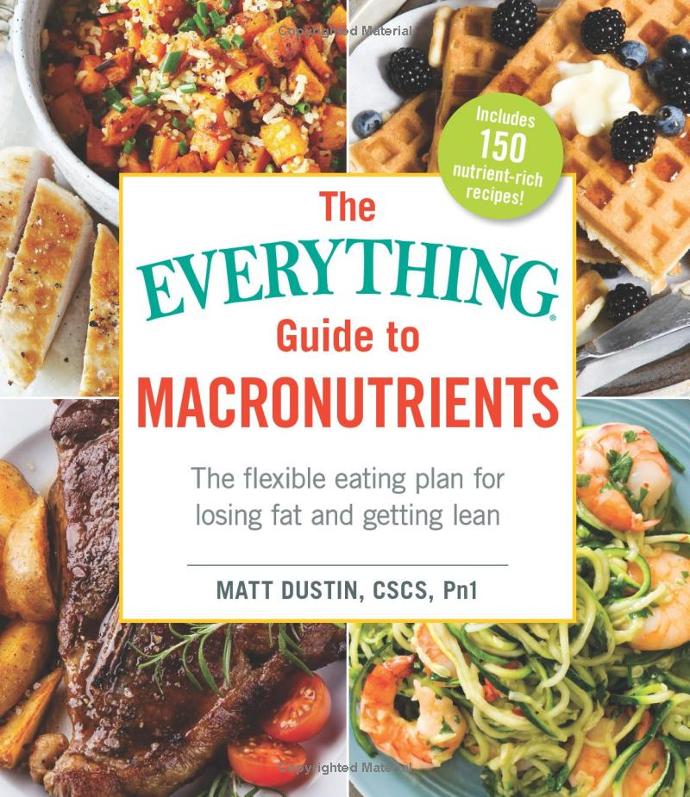
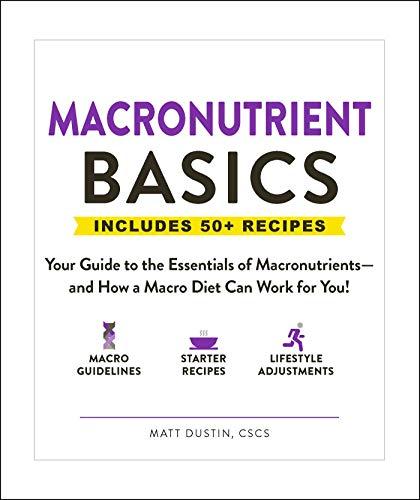






The Pros and Cons of Calorie Counting for Weight Management